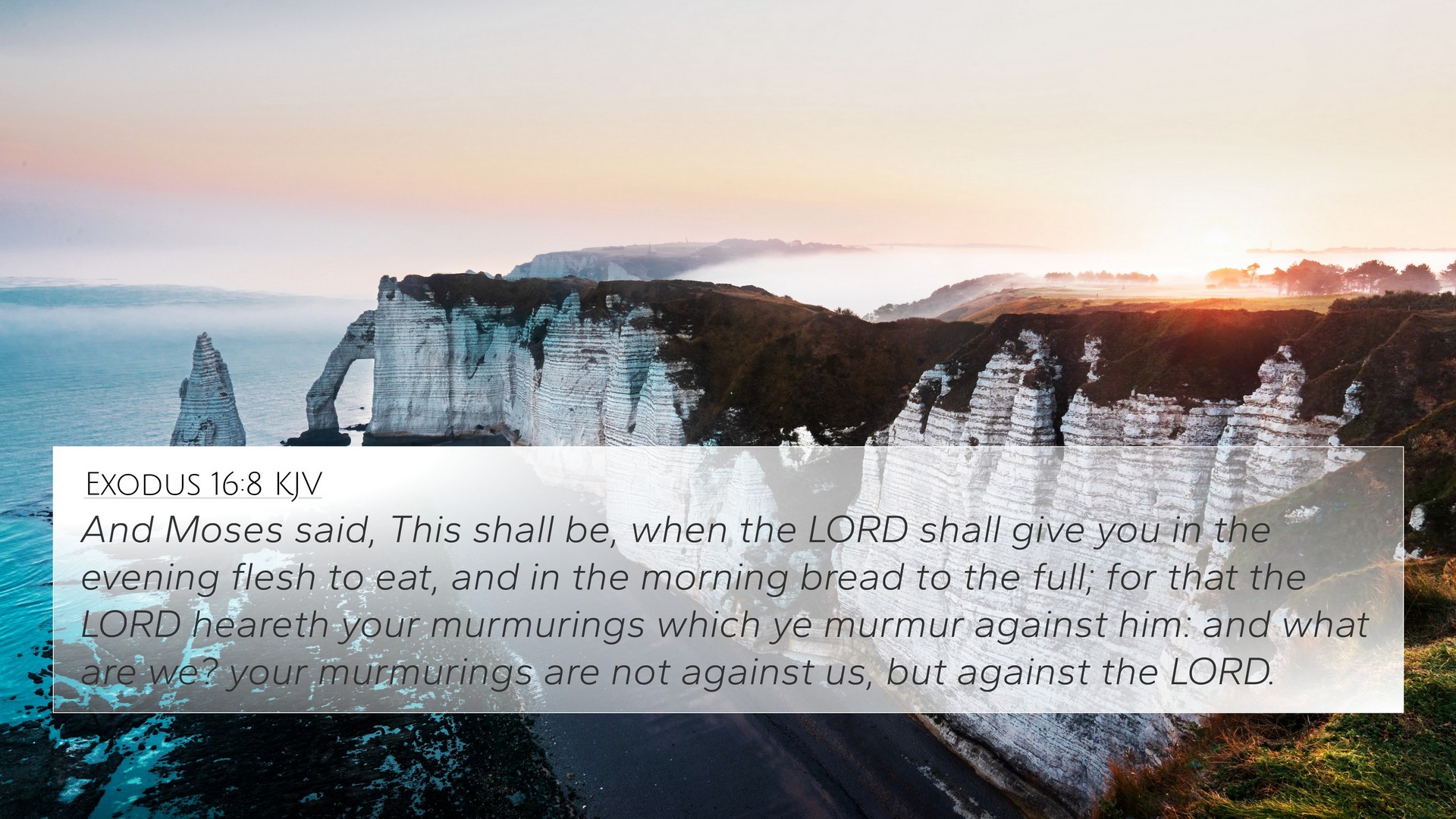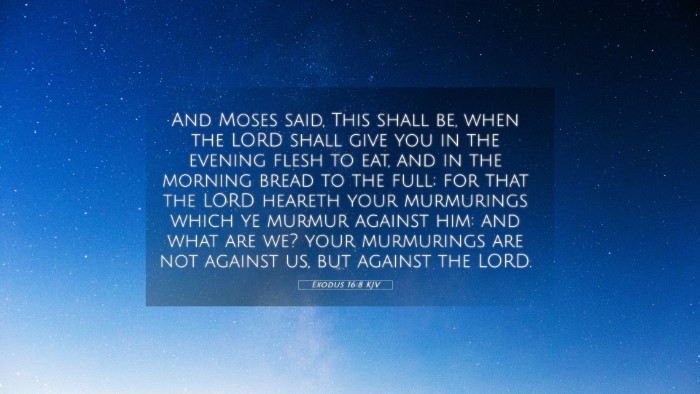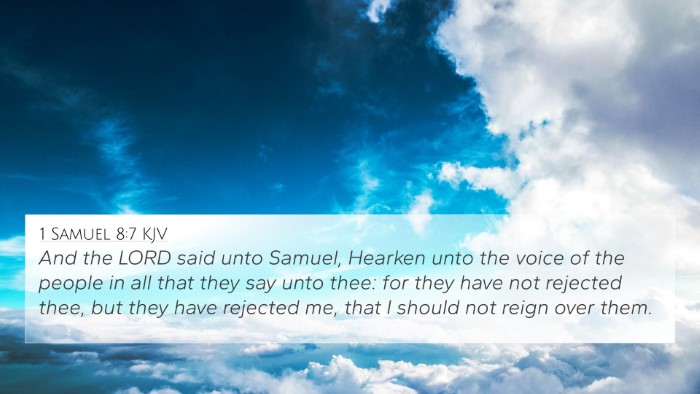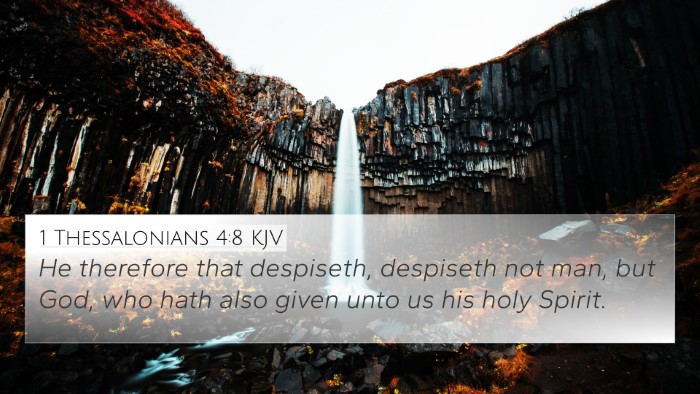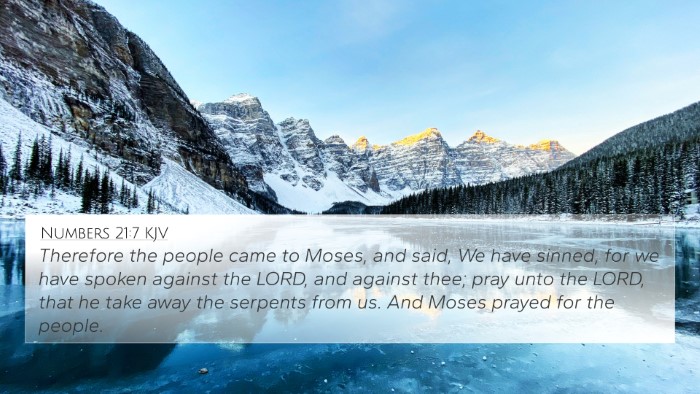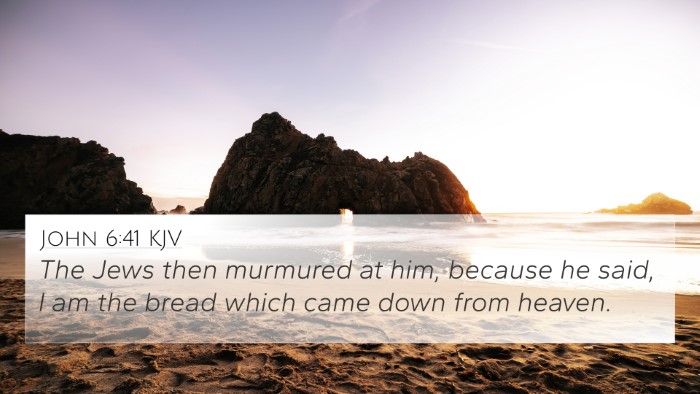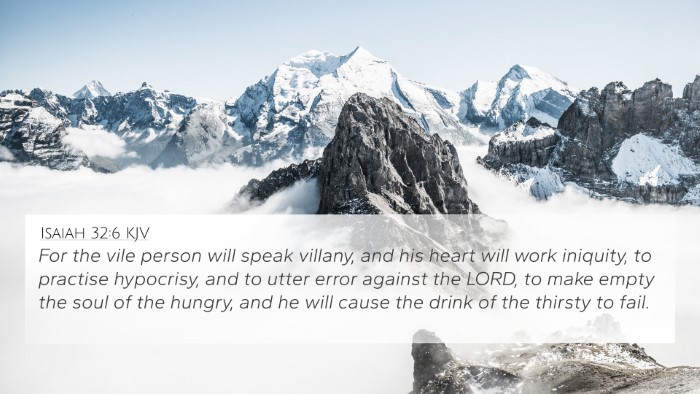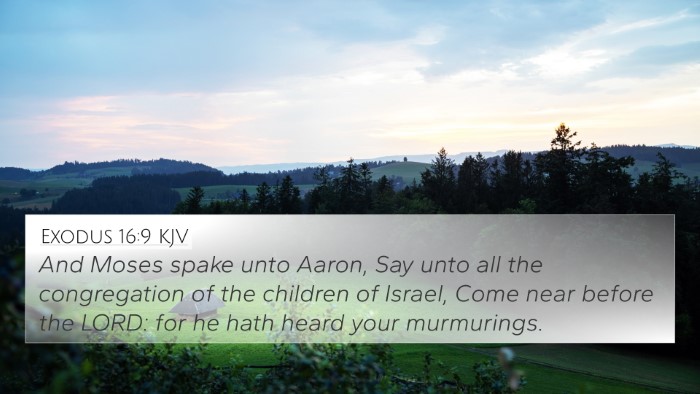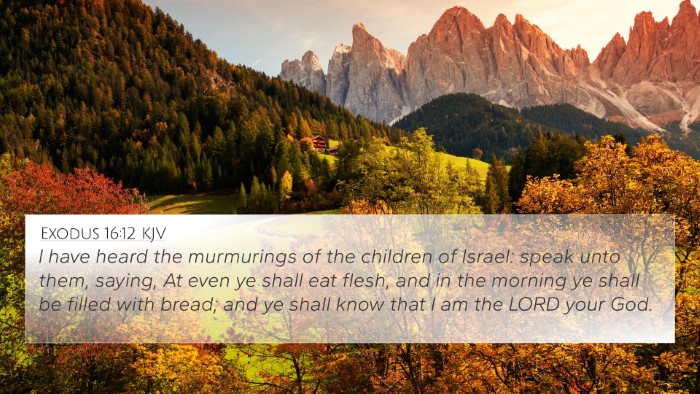Exodus 16:8 - Summary and Interpretation
Verse: "And Moses said, This shall be, when the Lord shall give you in the evening flesh to eat, and in the morning bread to the full; for that the Lord heareth your murmurings which ye murmur against him: and what are we? Your murmurings are not against us, but against the Lord." (Exodus 16:8)
Overview of the Context
The verse falls within the narrative of the Israelites in the wilderness, grappling with their need for food and their subsequent complaints against Moses and Aaron. In the previous verses, the people express their dissatisfaction, longing for the food they had in Egypt. Moses, tasked with leading them, conveys God's impending provision.
Key Themes and Insights
- Divine Provision: This passage emphasizes God's role as a provider. Moses conveys that God will provide meat in the evening and bread in the morning, showing His attentiveness to their needs.
- Murmurings Against God: The Israelites' complaints are highlighted as not merely against Moses but ultimately against God. This reflects a deeper theological theme about the nature of trust in God.
- Leadership and Responsibility: Moses’ clarification points to the burden of leadership; he understands that their discontent is misdirected, indicating the complexities of leading a community.
Bible Cross-References
The following are Bible verses that relate to Exodus 16:8, providing further insight into the themes of divine provision and human response:
- Philippians 4:19: "But my God shall supply all your need according to his riches in glory by Christ Jesus." - This verse underscores God's promise to meet the needs of His people.
- Psalms 78:18: "And they tempted God in their heart by asking meat for their lust." - This reflects the Israelites' ingratitude and desire for what they had in Egypt.
- John 6:31: "Our fathers did eat manna in the desert; as it is written, He gave them bread from heaven to eat." - A connection between Jesus' provision and the manna provided in the wilderness.
- Matthew 6:31-33: "Therefore take no thought, saying, What shall we eat? ... For your heavenly Father knoweth that ye have need of all these things." - Jesus teaches about trusting God's provision.
- Deuteronomy 8:3: "And he humbled thee, and suffered thee to hunger, and fed thee with manna, which thou knewest not, neither did thy fathers know..." - A reflection on reliance on God's provision in times of need.
- Numbers 11:4-6: "And the mixed multitude that was among them fell a lusting... we remember the fish, which we did eat in Egypt freely; the cucumbers, and the melons..." - Further exploration of Israelite discontent with what God provided.
- Romans 8:32: "He that spared not his own Son, but delivered him up for us all, how shall he not with him also freely give us all things?" - An assurance of God’s provision, ultimately culminating in Christ.
Comparative Analysis of Relevant Themes
In examining Exodus 16:8 through the lens of public domain commentaries:
- Matthew Henry: Emphasizes the necessity of recognizing God's hand in provisions and our responses to His past graciousness.
- Albert Barnes: Notes that murmuring against leadership can often be a reflection of a deeper dissatisfaction with God’s guidance.
- Adam Clarke: Points out the significance of Moses's words highlighting the misdirection of complaints, making it clear that discontent with leadership is often an issue with God Himself.
Tools for Biblical Cross-Referencing
When studying scripture, utilizing cross-reference tools can enhance understanding:
- Bible Concordance: A resource that helps locate verses based on keywords.
- Bible Cross-Reference Guide: Provides insights into verses that carry similar themes or teachings.
- Cross-Reference Bible Study: A method that encourages deeper exploration of biblical narratives by linking scriptures.
- Comprehensive Bible Cross-Reference Materials: Useful for connecting themes across the Old and New Testament.
Conclusion
Exodus 16:8 reveals the interplay between divine provision and human dissatisfaction. By linking this verse with others, readers can gain a fuller understanding of how God fulfills needs and how believers are called to respond with faith rather than complaint. Utilizing cross-references not only enriches individual understanding but fosters a comprehensive view of biblical themes across disparate texts.
